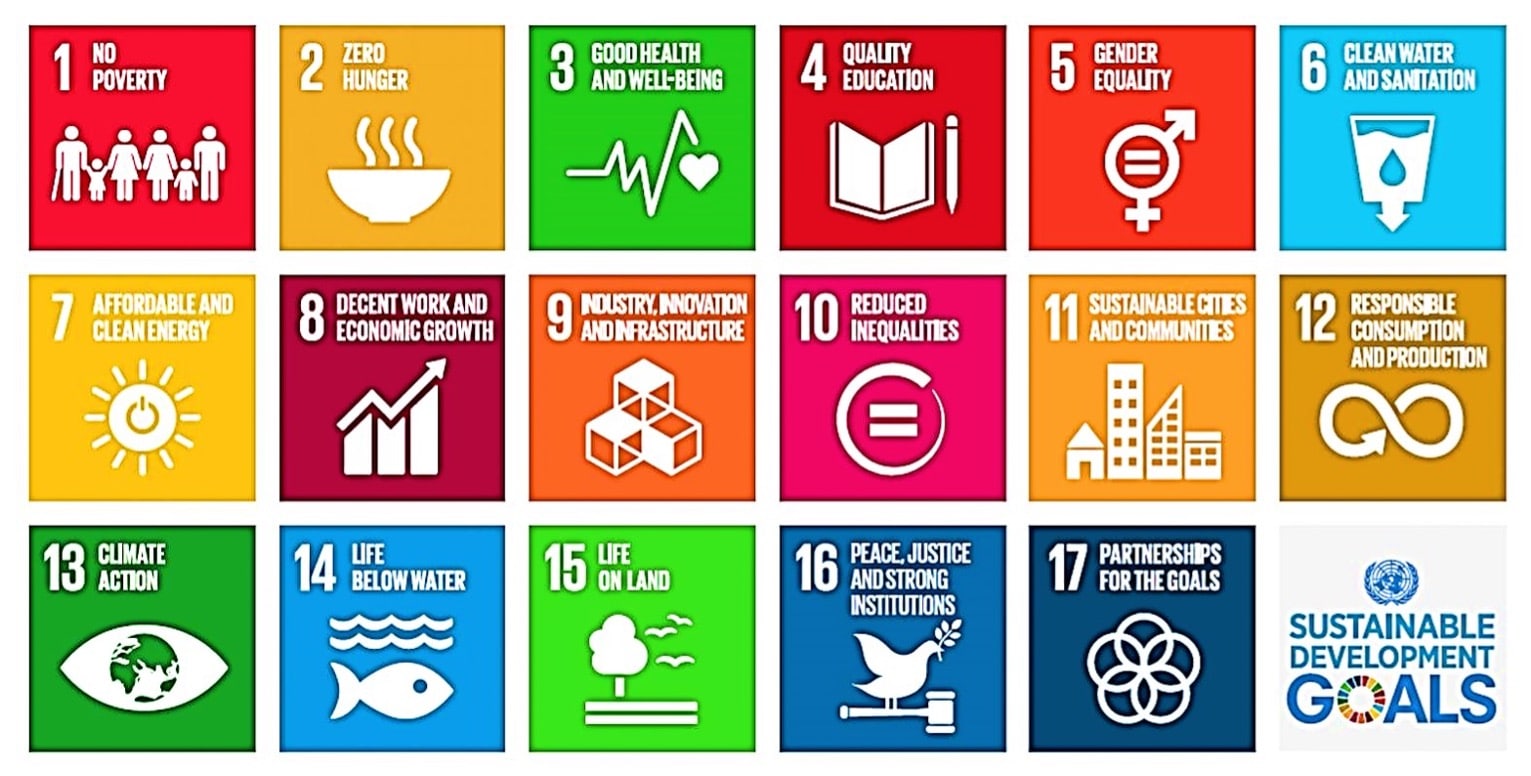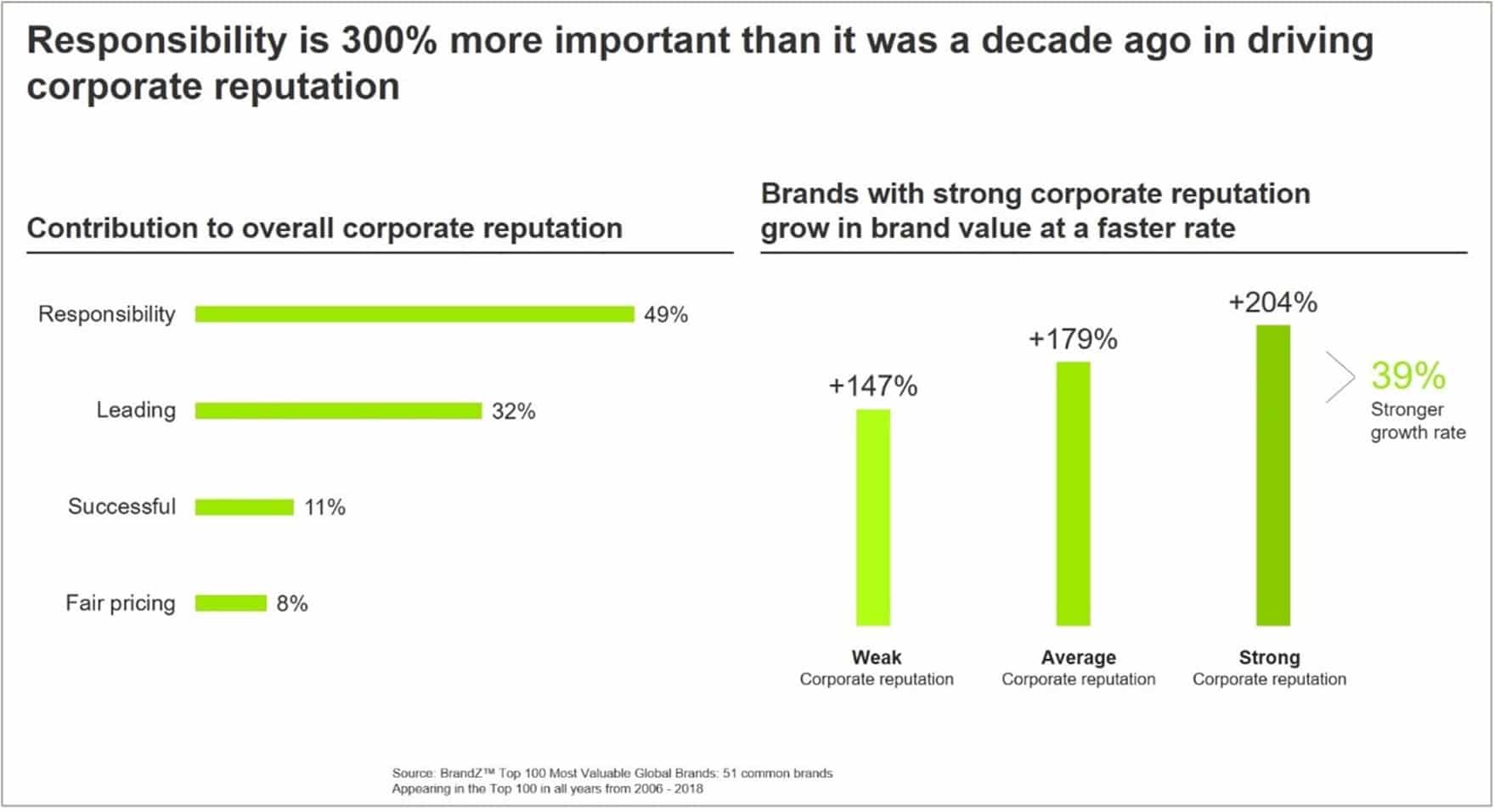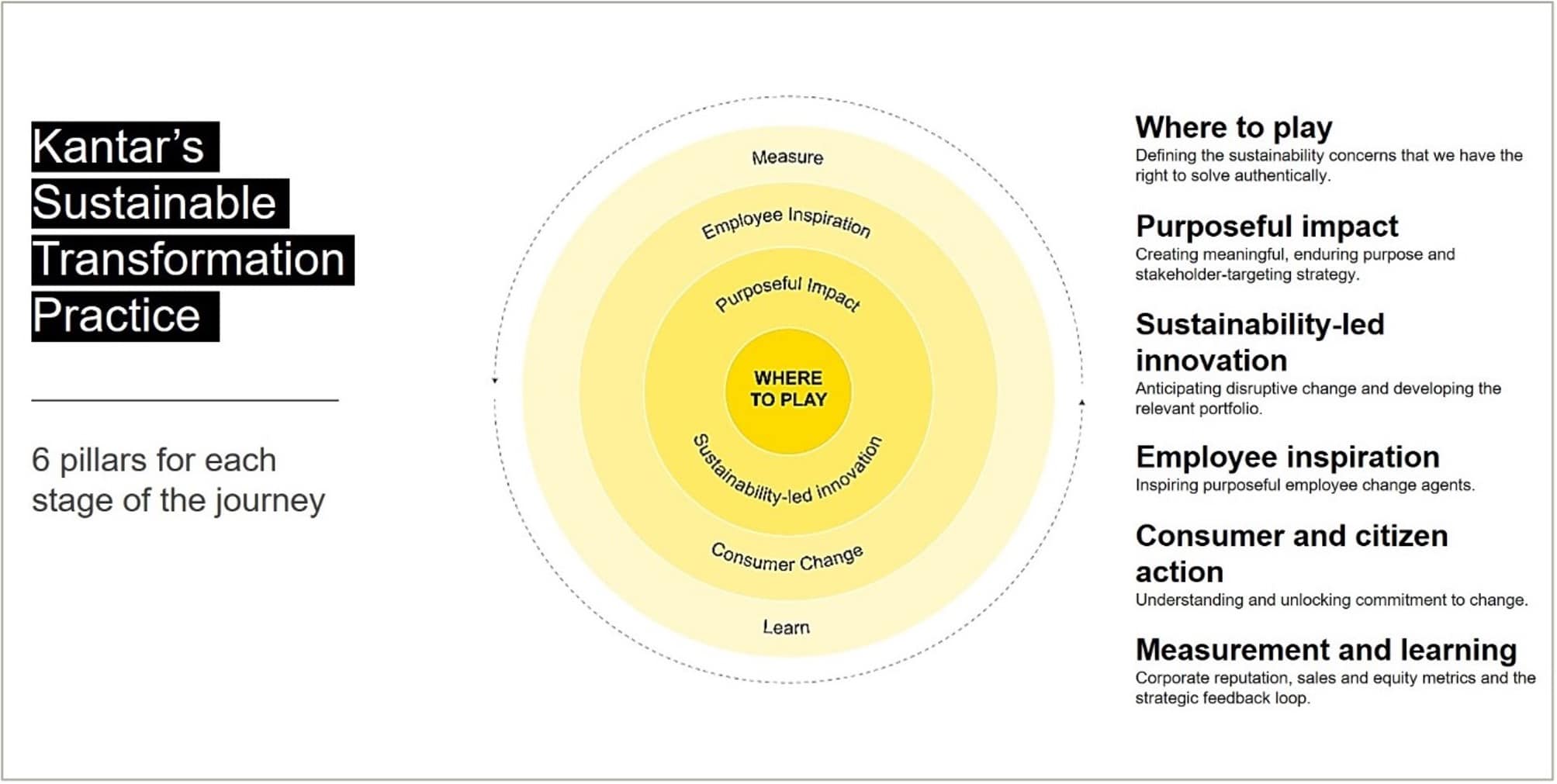Three sustainability success levers to breathe growth into your business in Africa

Image By Karin Du Chenne, Chief Growth Officer, Middle East & Africa at Kantar
By putting people, planet, and purpose ahead of profit, forward-thinking brands can lead the way to a more positive future for all, writes KARIN DU CHENNE.
If you’ll forgive me for saying the Covid-19 pandemic comes with a silver lining, it’s that all the associated disruption has cemented sustainability as an essential consideration in going forward. By putting people, planet, and purpose ahead of profit, forward-thinking brands can lead the way to a more positive future for all. Here are three ideas to tap into opportunities in the current climate and unlock sustainable growth for your business…
It’s 2021 and sustainability is finally no longer about ticking the CSR box or tacking vague promises of becoming more environmentally friendly onto your 10-year growth plan. It is now a key business imperative – ethically aware and climate-conscious consumers now expect government, businesses, and brands alike to lead the way and help them make more sustainable choices. It’s vital to embed the principles of sustainability into your everyday business practices.
All this can seem overwhelming, but thankfully the UN’s Sustainable Development Goals (SDGs) highlight 17 action areas to work towards by 2030.

To make it more practical, here are three examples of businesses that have put sustainability at the heart of all they do which we can use for inspiration in how to drive action:
1. Sustainability as a living purpose
I love the work that the Cadbury’s team and Ogilvy have been doing that I saw on a recent IAB webinar, showing the power of Cadbury’s renewed purpose of sustainability. They have built on the successful Joy positioning to add local relevance. In 2019 they kicked off with a focus on generosity, encouraging folks to exchange pre-loved toys and books for chocolate. Unfortunately, due to COVID-19, this was no longer possible in 2020. Undeterred and driven by their purpose, the team pivoted and moved to an equally important issue in our country – literacy. With only 2% of children’s books published commercially in South Africa being available in local African languages, there was an obvious opportunity to change this and inspire social change.So, they asked people to translate just one word into their language. That intrinsic spirit of generosity saw many doing much more, with South Africa’s collective creativity collaborating and crowdsourcing the writing, essentially rewriting local narratives in our native languages. Cadbury then partnered with Nal’ibali and a range of South African authors to use these words to create children’s story books in African languages, published online in a virtual library. #ReadtoSucceed

The result? Enchanting and fantastical tales, in all 11 official languages, to inspire that love of reading with a mission that builds on Nelson Mandela’s famous quote, “If you talk to a man in a language he understands, that goes to his head. If you talk to him in his own language, that goes to his heart.”
That’s the essence of sustainability in action, as the partnership not only increases access to quality education but also reduces inequality and makes a real difference in our local communities.
2. Sustainability makes good business sense
If you need to convince your CFO/CEO about the bottom line-boosting aspects of sustainability, show them this chart. There’s much more to it than the feel-good factor, as Kantar BrandZ shows the importance of reputation on business growth – an interplay of purpose, corporate reputation, and consumer trust. Further, BCG has shown, “Companies that outperform in important social and environmental areas achieve higher valuations and higher margins.”

Just look at Amazon. What began as a humble online bookstore has grown through purposeful engagement with customers into the most valuable brand in the world, valued at $683,852 million for the third year in a row in the 2021 Kantar BrandZ Most Valuable Global Brands. It’s essentially an ecosystem that’s grown and led by data and trends and their purpose to be the earth’s most customer-centric company.Then there’s Piñatex, dubbed “one of those rare products of design thinking that hits all the sustainability buttons at once” – it’s a vegan, sustainable alternative to leather made from the fibre in discarded pineapple leaves that’s been used in Nike’s new ‘Happy Pineapple’ sneaker collection.
3. Sustainability as the key to unlocking the power of e-commerce
The pandemic has played a crucial role in accelerating the digital revolution and kickstarted ecommerce. There is such an opportunity to embrace Sustainability Goal 8 – Decent work and economic growth. Just look at how the number of delivery motorbikes has mushroomed in South Africa.Because when the world took the ‘stay at home and do what you can digitally’ mandate to heart, retailers quickly latched onto the idea of streamlining the process of ordering online for home delivery – whether through the mobile web, WhatsApp or even SMS. This also saw a jump in job opportunities, with the likes of Checkers Sixty60, Pick n Pay ASAP and Woolworths Dash now offering same-day delivery services and other more local smaller players like Langa’s Cloudy Deliveries quickly gaining traction.With the realisation that parts of the world (Africa) still don’t have formal roads/maps, Google innovated to launch Plus Codes, designed to support ecommerce via the easy identification of locations that don’t have defined addresses or prove difficult to find. These digital addresses are automatically generated through a mathematical formula, which combines the latitude and longitude coordinates of the location. While a simple enough concept of location sharing, the impact is immense, as it means delivery is no longer a problem for the previously unaddressed. It’s ultimately a move that’s sustainable, solves a global challenge and is easily measurable.Inspired by these examples? The first step is deciding you want to become more sustainable, as the ideas flow from there. Get in touch to find out more about Kantar’s Sustainable Transformation Practice, which actively helps clients not only to talk about sustainability but start walking the talk. Also join the conversation on LinkedIn and Twitter and attend our 2021 Kantar BrandZ Top 30 Most Valuable South African Brands event on 1 September.

As Chief Growth Officer, Middle East & Africa at Kantar, Karin thrives on challenge, runs on adventure and is passionate about understanding what makes people tick. She has 25+ years’ experience in driving marketing and communications that deliver business results by helping employees and clients alike harness the power of digital to achieve better insights and turn those insights into opportunities.
Subscribe to stay informed whenever a new issue is published
